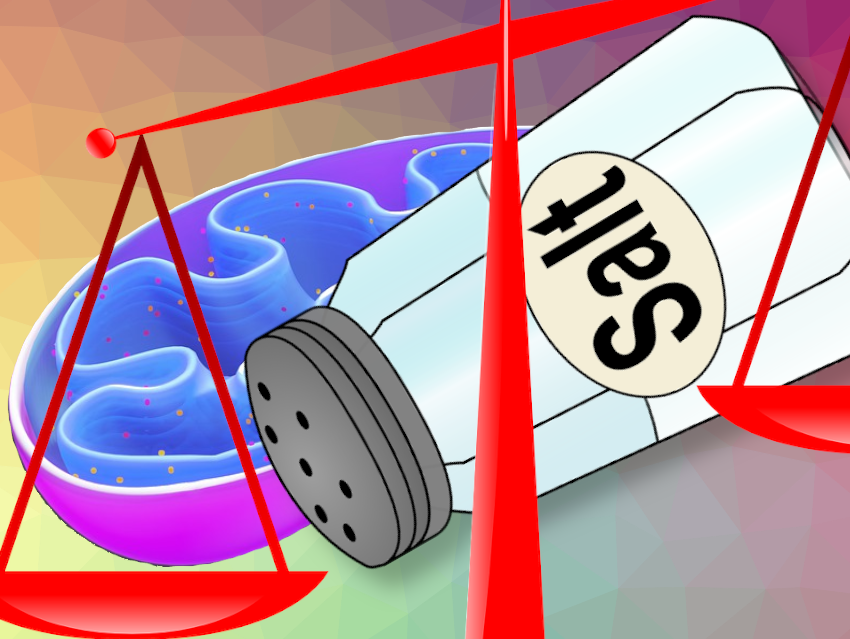Markus Kleinewietfeld, Hasselt University, Diepenbeek, Belgium, and colleagues discovered that a diet high in salt, as is common in many Western societies, affects not only blood pressure and the cardiovascular system but also the regulation of the immune system.
A few years ago, the team showed that excessive salt consume weakens the power plants of our cells, the mitochondria, which causes monocytes or macrophages to not function properly. Monocytes and macrophages are types of white blood cells that are part of the immune system.
FOXP3+ regulatory T cells (Tregs) are crucial for the adaptive immune system, maintaining the balance between normal function and excessive inflammation. A malfunction of Tregs could lead to the development of autoimmune diseases such as multiple sclerosis. Scientists have recently shown that the mitochondria of Tregs work worse in affected patients, but the causes remain unclear.
Based on this, the team found that salt interferes with Treg function by inhibiting energy production in mitochondria and altering cellular metabolism.The salt outside the cells raises intracellular Na+, which perturbs mitochondrial respiration by interfering with the electron transport chain (ETC). This causes inflammation and a decrease in a protein called FOXP3, leading to long-term problems both in vitro and in vivo. Even if mitochondrial function was only briefly disrupted, this had long-lasting consequences for the performance and immune-regulatory capacity of Tregs in various experimental models. However, inhibition of the mitochondrial Na+/Ca2+ exchanger (NCLX) helps to reverse this effect.
Since Tregs also play a role in diseases such as cancer or cardiovascular disease, clarifying such salt-triggered effects could open up novel approaches to alter Treg function in various diseases. However, further studies are necessary to understand the molecular mechanisms in detail and explore their potential links with diseases.
- Sodium perturbs mitochondrial respiration and induces dysfunctional Tregs,
Beatriz F. Côrte-Real, Ibrahim Hamad, Rebeca Arroyo Hornero, Sabrina Geisberger, Joris Roels, Lauren Van Zeebroeck, Aleksandra Dyczko, Marike W. van Gisbergen, Henry Kurniawan, Allon Wagner, Nir Yosef, Susanne N.Y. Weiss, Klaus G. Schmetterer, Agnes Schröder, Luka Krampert, Stefanie Haase, Hendrik Bartolomaeus, Niels Hellings, Yvan Saeys, Ludwig J. Dubois, Dirk Brenner, Stefan Kempa, David A. Hafler, Johannes Stegbauer, Ralf A. Linker, Jonathan Jantsch, Dominik N. Müller, Markus Kleinewietfeld,
Cell Metabolism 2023.
https://doi.org/10.1016/j.cmet.2023.01.009




